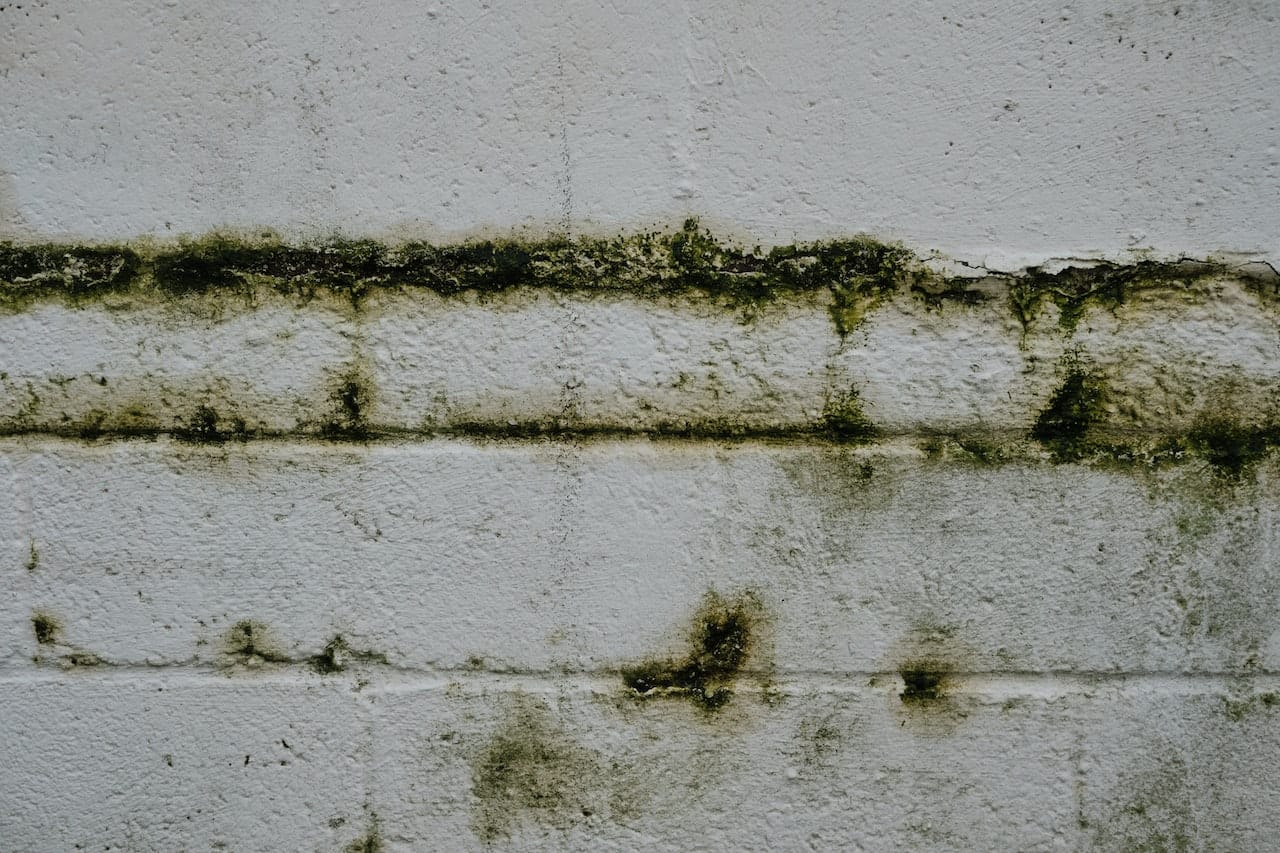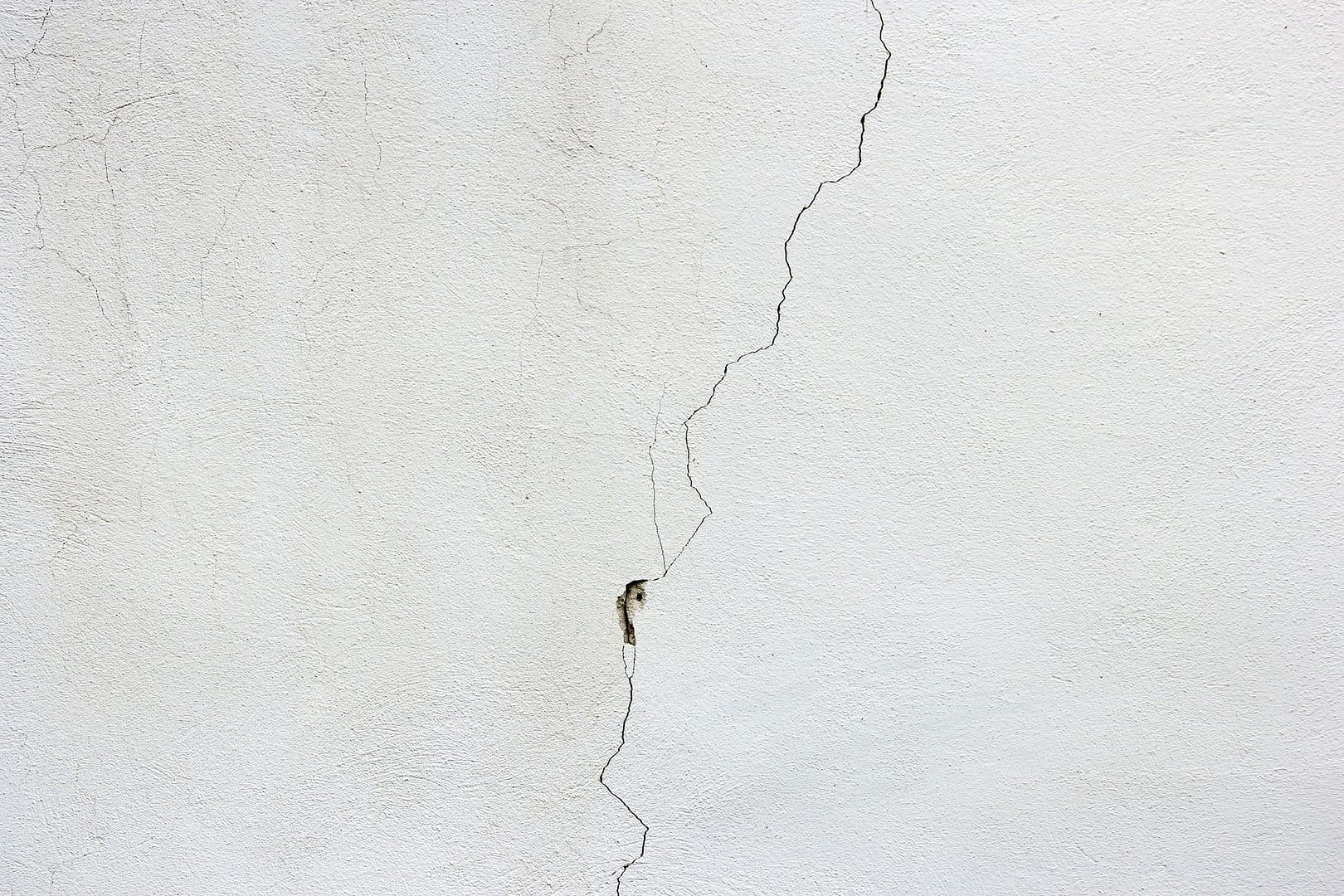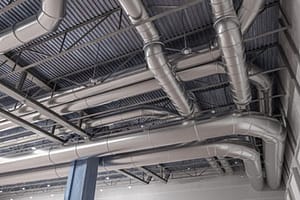Cracks in the walls of your home may seem like nothing more than a minor cosmetic issue, but they can indicate underlying problems that should not be ignored. Whether you’re a homeowner or a renter, addressing these cracks is crucial for several reasons. In this blog post, we’ll explore why it’s important to take action when you notice those unsightly lines creeping across your walls. From preventing water damage to maintaining structural integrity and improving energy efficiency, fixing those cracks might just be the key to keeping your home safe and comfortable. So please grab a cup of coffee, and let’s dive into the importance of addressing cracks in the walls of your beloved abode.


Water Damage Prevention
Water damage is a homeowner’s nightmare, and it can wreak havoc on your property if left unchecked. Those seemingly harmless cracks in your walls allow water to seep into your home. When moisture finds its way in, it can lead to mold growth, rotting wood, and even structural issues. By addressing cracks promptly, you’re taking an important step toward preventing water damage. Even the smallest crack can let water infiltrate your walls during heavy rain or from plumbing leaks. Over time, this can weaken the integrity of your home’s foundation and cause significant long-term problems. Another common problem associated with this is penetrating damp. If you are experiencing this and want it addressed, consider checking penetrating damp UK.
Structural Integrity
When it comes to maintaining the structural integrity of your home, addressing cracks in the walls is crucial. These seemingly small imperfections can indicate larger issues that, if left unattended, could lead to serious damage. One common cause of wall cracks is settling. Over time, as a house shifts and settles into its foundation, cracks may appear. While some settlement is normal, excessive or uneven settling can compromise the structural stability of your home. Another potential cause of wall cracks is water infiltration. Water can seep into the walls through even the tiniest openings and gradually weaken the structure from within. This can result in sagging ceilings, sloping floors, and even collapse in extreme cases.
Energy Efficiency
An often-overlooked aspect of addressing cracks in the walls of your home is the impact it can have on energy efficiency. While it may seem minor, those tiny cracks can lead to significant energy loss. When cracks form in the walls, they create gaps that allow air to seep in and out of your home. This means that during the hot summer months, cool air from your air conditioning unit can escape through these gaps, forcing your AC system to work harder and consume more energy. Similarly, during winter, warm air produced by your heating system can leak out through these cracks, resulting in increased energy consumption as you try to maintain a comfortable temperature indoors. You can significantly improve your home’s overall energy efficiency by addressing these cracks promptly and ensuring proper insulation and sealing techniques are used during repairs. This reduces unnecessary strain on your HVAC systems and helps cut down on utility bills.
It’s clear that ignoring cracks in the walls of our homes is not an option we should consider lightly. The importance of addressing them cannot be overstated – from preventing water damage to ensuring structural integrity and improving energy efficiency, taking action now will save us from potential headaches. So don’t wait! Contact a professional contractor or handyman today who specializes in repairing wall cracks so they can assess any existing issues in your home before they become major problems later on.








Comments are closed.